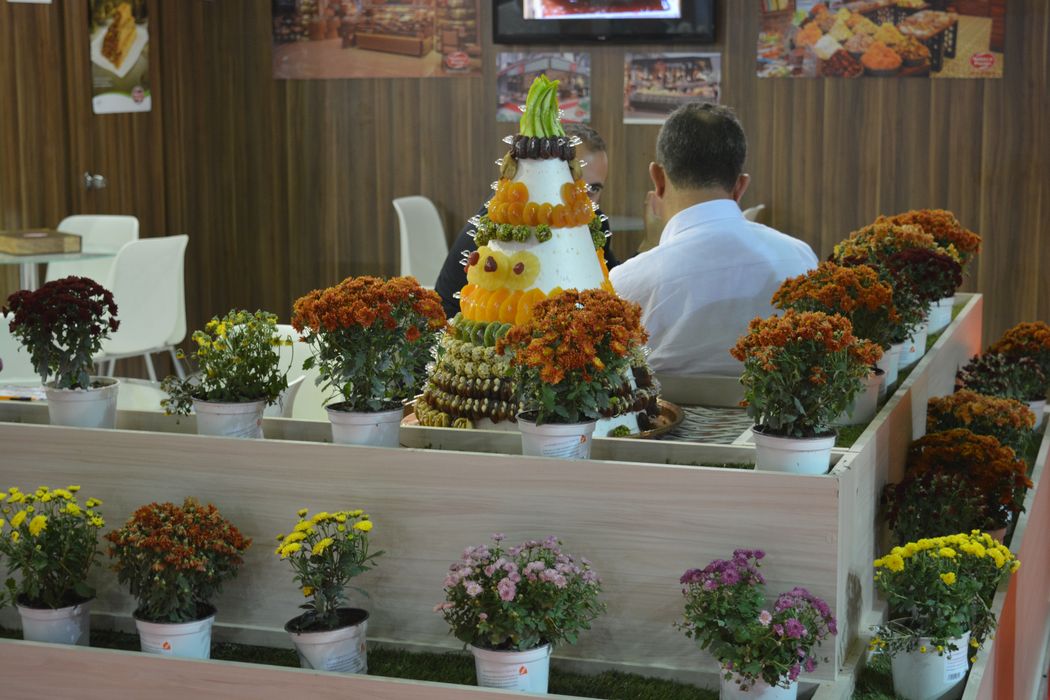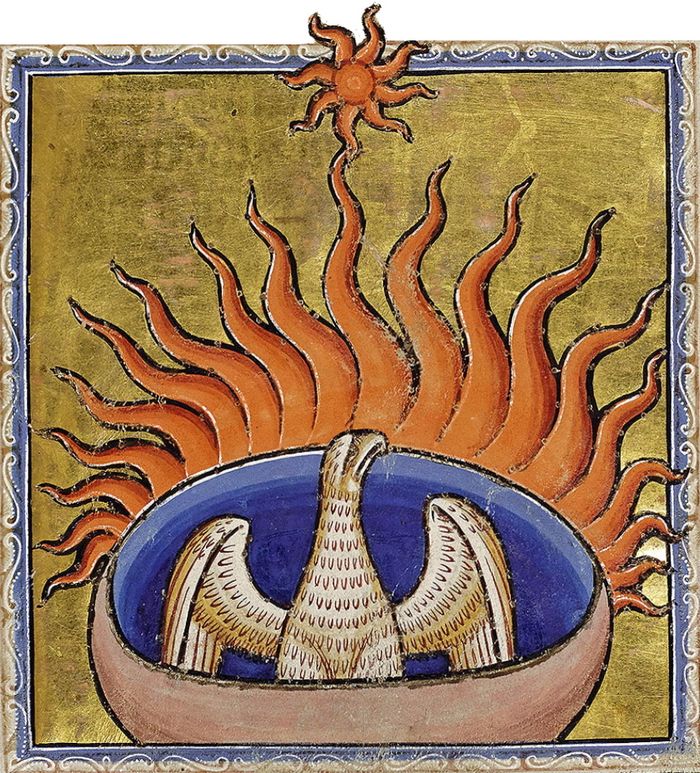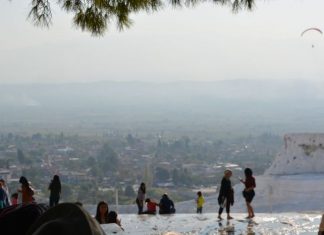Camels, Hyenas, and Bejas
Here we crossed the Nile and, hiring camels, journeyed with a party of Arabs through a desert, totally devoid of settlements but quite safe for travelling. One of our halts was at Humaythira, a place infested with hyenas. All night long we kept driving them away, and indeed one got at my baggage, tore open one of the sacks, pulled out a bag of dates, and made off with it. We found the bag next morning, torn to pieces and with most of the contents eaten.
After fifteen days’ travelling we reached the town of Aydhab, a large town, well supplied with milk and fish; dates and grain are imported from Upper Egypt. Its inhabitants are Bejas. These people are black-skinned; they wrap themselves in yellow blankets and tie headbands about a fingerbreadth wide round their heads. They do not give their daughters any share in their inheritance. They live on camels milk and they ride on Meharis [dromedaries].
One-third of the city belongs to the Sultan of Egypt and two-thirds to the King of the Bejas, who is called al-Hudrubi. On reaching Aydhab we found that al-Hudrubi was engaged in warfare with the Turks [i.e. the troops of the Sultan of Egypt], that he had sunk the ships and that the Turks had fled before him. It was impossible for us to attempt the sea-crossing [across the Red Sea], so we sold the provisions that we had made ready for it, and returned to Qus with the Arabs from whom we had hired the camels.
Back downriver to Cairo; from Cairo to Syria and Jerusalem
We sailed thence down the Nile (it was at the flood time) and after an eight days’ journey reached Cairo, where I stayed only one night, and immediately set out for Syria. This was in the middle of July, 1326. My route lay through Bilbays and as-Salihiya, after which we entered the sands and halted at a number of stations. At each of these there was a hostelry which they call a khan, where travellers alight with their beasts. Each khan has a water wheel supplying a fountain and a shop at which the traveller buys what he requires for himself and his beast.
Crossing the border into Syria
At the station of Qatya customs-dues are collected from the merchants, and their goods and baggage are thoroughly examined and searched. There are offices here, with officers, clerks, and notaries, and the daily revenue is a thousand gold dinars. No one is allowed to pass into Syria without a passport from Egypt, nor into Egypt without a passport from Syria, for the protection of the property of the subjects and as a measure of precaution against spies from Iraq. The responsibility of guarding this road has been entrusted to the Badawin [Bedouin].
Read More about Ibn Battuta part 68








